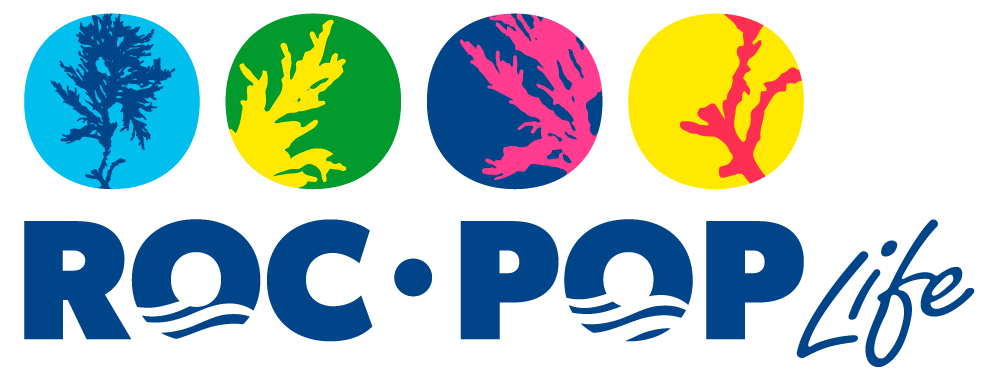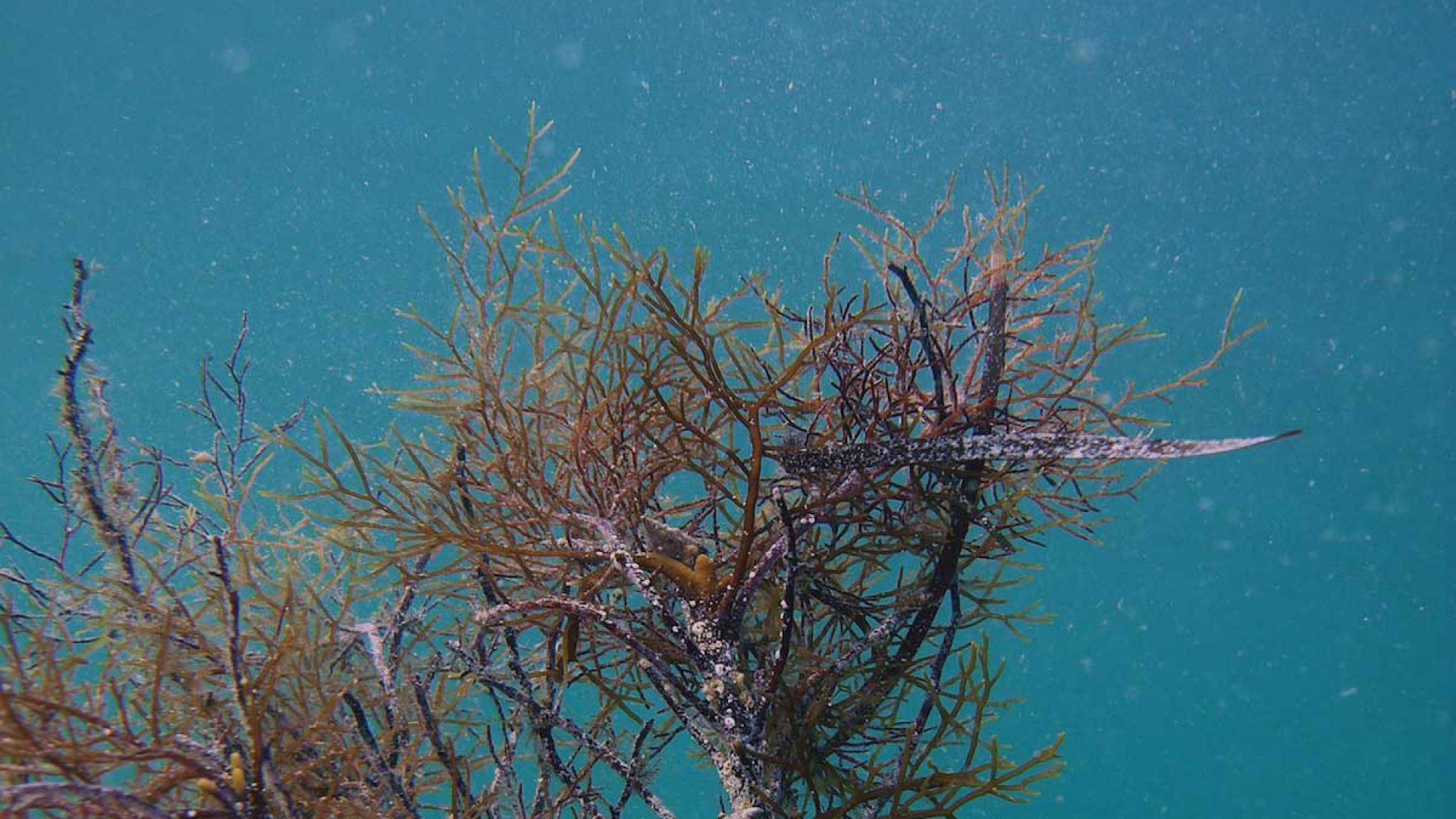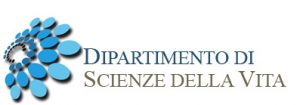The Department of Life Sciences (DSV) has been established in 2008. The research and teaching activities conducted span levels of complexity ranging from molecules, to cells and tissues of organisms, to their interaction with the environment. In these fields, the Department of Life Sciences hosts excellent scientists internationally recognized for their activities in basic and applied research. The area of environmental biology relies on a Bachelor's degree in Science and Technology for Environment and Nature. It has a strong interdisciplinary feature: starting from a strong basic training, it provides the necessary knowledge of the ecosystems in their biotic and abiotic components up to modern techniques of environmental analysis. Among others, this degree allows access to the Master's degree in Global Change Ecology that trains experts in the field of analysis, biomonitoring and management of terrestrial and marine environments. The inter-university PhD program in Environmental Life Sciences, in collaboration with the University of Udine, aims at training students to the managing and implementation of national and EU guidelines regarding environmental analysis, as well as developing novel methodological approaches to the issues of environmental bio-monitoring.
The Department of Life Sciences carries out several activities within the so called “third mission”, with important and widespread actions of social impact, such (i.e. activities for students and teachers of the secondary schools as well as their teachers, activities to promote awareness and consciousness towards relevant scientific and social issues, activities of environmental biomonitoring and ecophysiology of biodiversity). The Department of Life Sciences has also a significant activity in the area of technology transfer, being the structure with the highest number of patents applications of the University of Trieste.
The research activities of the ecological-environmental area concern basic and applied aspects related to the analysis and management of natural and anthropized environments. These research activities deepen the knowledge of the interactions between organisms and the environment, applying them to concrete problems of analysis, forecasting and mitigation of the impact of environmental changes on ecosystems.
The research activities of the "Biodiversity and ecophysiology of macroalgae" group focus on both biology and ecology of marine vegetation. The group fosters an interdisciplinary, collaborative approach to address challenging questions, with expertises in taxonomy, physiology and ecology (both in field and laboratory). The group has a laboratory equipped with cells for the cultivation of macroalgae in a controlled environment.
The activities within the current funded programs are organized in 3 main lines of research:
- Macroalgal Biodiversity - Evaluation of the Quality Status of water bodies;
- Coralligenous and Rhodolith Beds;
- Management and Restoration of marine forests (Cystoseira and Fucus).
Dr. Annalisa Falace and Dr. Sara Kaleb are mainly involved in the project.



